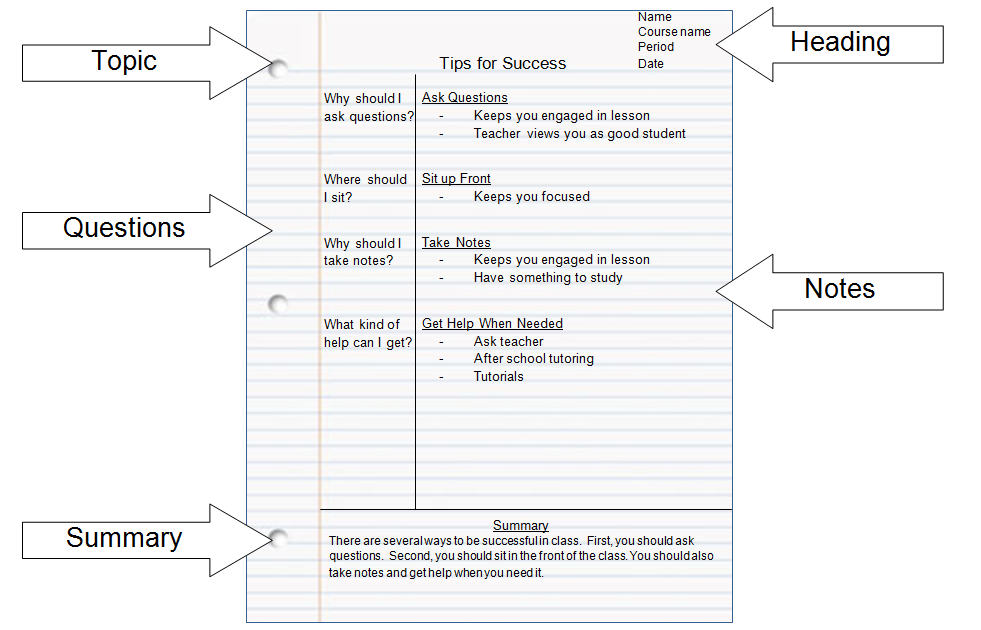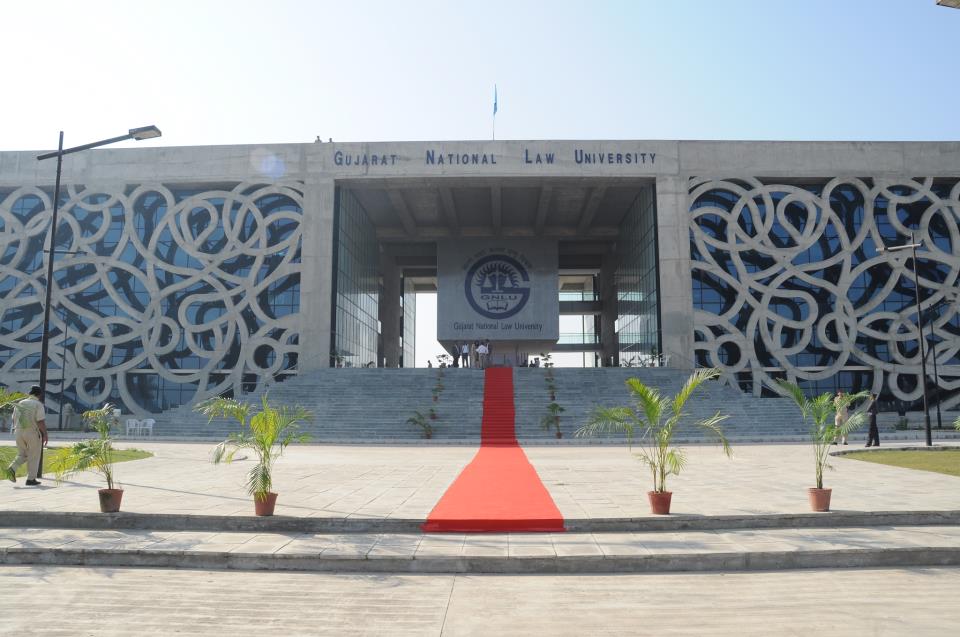Review of Addiction: A Disorder of Choice by Gene Heyman.
The main implication for prevention is the need to reduce socioeconomic deprivation. For public understanding of addiction, a disease view is not the only way to combat stigma and punitive attitudes, though the disordered choice model may face special risks of being misunderstood.
In fact, addiction is the psychiatric disorder with the highest rate of recovery. But what ends an addiction? At the heart of Heyman's analysis is a startling view of choice and motivation that applies to all choices, not just the choice to use drugs.

As is clear from the book’s title, Heyman asserts that the dominant paradigm of drug addiction (that it is a “chronic and relapsing brain disease”) is not correct, and that by viewing addiction as the result of a series of willful actions, we have a better understanding of the course of drug addiction and its treatment.

Stanford Libraries' official online search tool for books, media, journals, databases, government documents and more.

The central problem in the study of addiction is to explain why people repeatedly behave in ways they know are bad for them. For much of the previous century and until the present day, the majority of scientific and medical attempts to solve this problem were couched in terms of involuntary behavior; if people behave in ways they do not want, then this must be because the behavior is beyond.

Addiction is defined as not having control over doing, taking or using something to the point where it could be harmful to you. Addiction is most commonly associated with gambling, drugs, alcohol and nicotine, but it's possible to be addicted to just about anything, including.

Thus, addiction is indeed a personal choice, whereas an individual or a person is accountable for his or her actions. Nonetheless, it is fair enough to say that addiction should never be considered as something that is entirely laid on personal decisions and has nothing to do with any other disease or disorder.

Addiction is a disorder of the brain's reward system which arises through transcriptional and epigenetic mechanisms and develops over time from chronically high levels of exposure to an addictive stimulus (e.g., eating food, the use of cocaine, engagement in sexual activity, participation in high-thrill cultural activities such as gambling, etc.).

The controversy between opposing views of addiction, addressed by Gene Heyman PhD, a professor teaching at Boston College and Harvard University, in his book Addiction: a Disorder of Choice, as discussed in the article by Daniel Akst, which appeared in the Boston Globe.

Is Addiction a Disorder of Choice? Over the last several decades, healthcare professionals, scientists, and researchers have learned that addiction can be caused by one or more common risk factors.Addiction can be caused by genetics or family history, chemical imbalances in the brain, a co-existing mental disorder, stress, and much more. But in recent years, it’s come to light that.

We use cookies to offer you a better experience, personalize content, tailor advertising, provide social media features, and better understand the use of our services.

That is, the correlates of quitting are the correlates of choice. However, addiction is, by definition, a disorder, and thereby not beneficial in the long run. This is precisely the pattern of choices predicted by quantitative choice principles, such as the matching law, melioration, and hyperbolic discounting.

Addiction: A Disorder of Choice. Stefan Gruenert. Odyssey House Victoria Richmond VIC 3121 Australia. Search for more papers by this author. Stefan Gruenert. Odyssey House Victoria Richmond VIC 3121 Australia. Search for more papers by this author. First published: 02 March 2010.


